

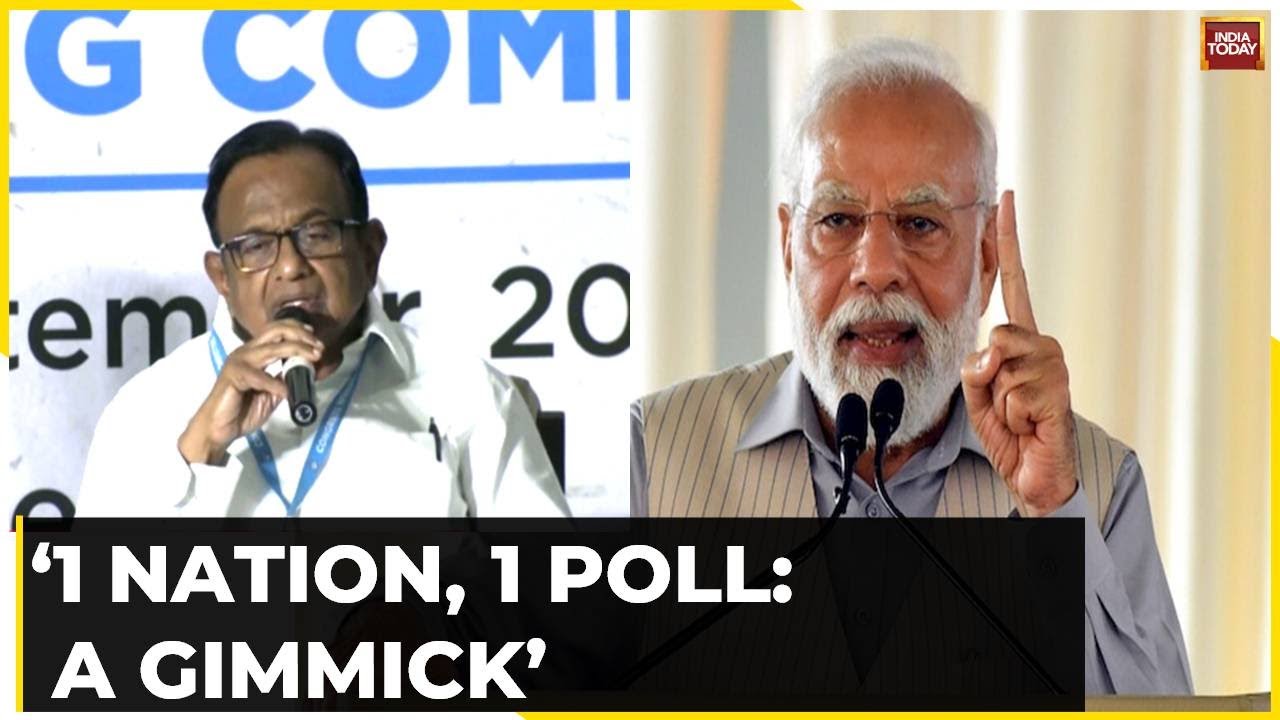
The Modi government's proposal for One Nation One Election has sparked a heated debate in parliament, with supporters advocating for simultaneous elections while opponents argue it will undermine federalism. As the bill is introduced and voted on in the Lok Sabha, watch as panelists and top legal minds weigh in on the potential consequences of this controversial election reform.
One Nation, One Election: A Comprehensive Overview
Background
The "One Nation, One Election" (ONE) proposal seeks to consolidate all national and state elections into a single unified electoral cycle. The primary rationale behind this initiative is to reduce the frequency and cost of elections, eliminate the disruption caused by multiple electoral campaigns, and enhance administrative efficiency.
Current Debate
The Modi government's ONE bill has ignited a heated debate in the parliament. Supporters argue that simultaneous elections would streamline the electoral process, reduce election fatigue, and allow for better policy planning. They also contend that it would curb defections and horse-trading among legislators, leading to a more stable government.
Opponents, on the other hand, express concerns about the erosion of federalism. They argue that state governments would be reduced to mere extensions of the central government, eroding local autonomy and diversity. Additionally, they worry that the long gap between elections could limit the ability of citizens to hold their representatives accountable.
Legal Implications
The ONE bill requires a constitutional amendment to Article 324, which governs the duration of the Lok Sabha and state assemblies. The amendment would extend the term of both the Parliament and state legislatures from five to six years, aligning their electoral cycles.
The Supreme Court has previously upheld the principle of simultaneous elections, stating that it is not unconstitutional to synchronize the terms of all legislative bodies. However, the court has also emphasized the need to balance this with the principle of federalism, ensuring that state governments retain their autonomy.
Top 5 FAQs and Answers
1. What are the potential benefits of ONE?
2. What are the concerns raised by opponents?
3. Is ONE constitutional?
4. Has the Supreme Court ruled on ONE?
5. When will the ONE bill be voted on in the Lok Sabha?
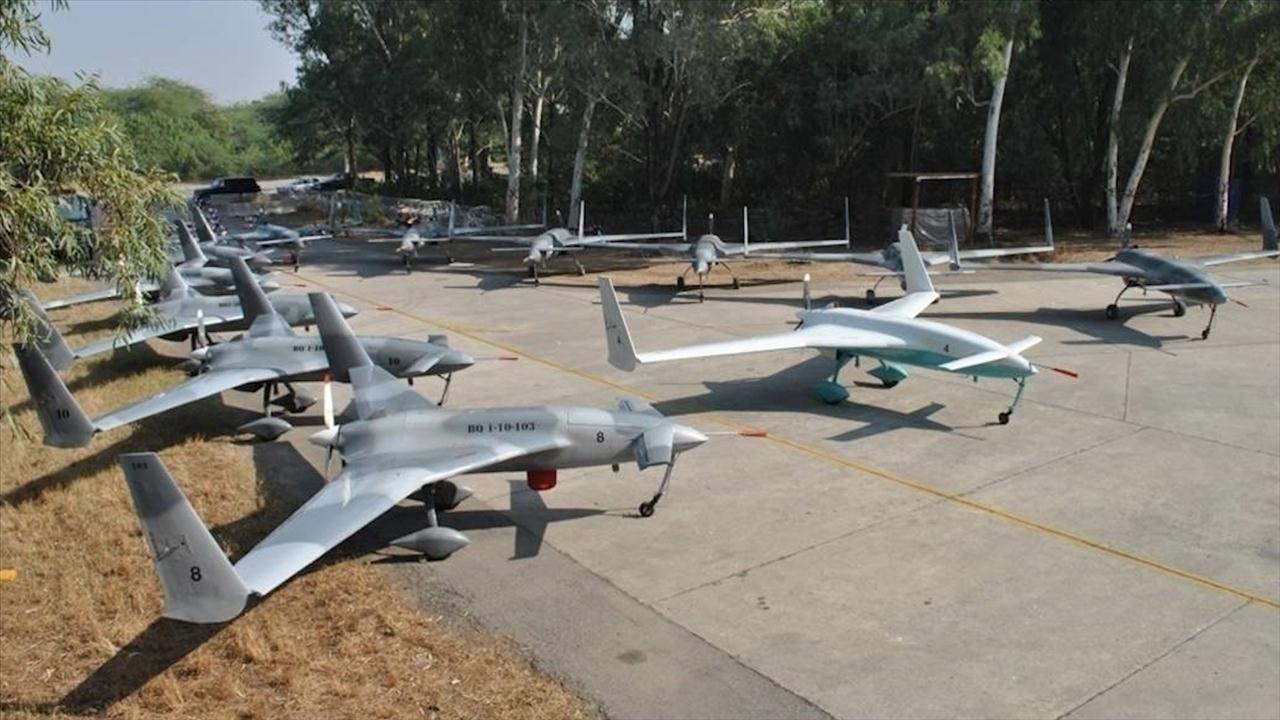
In response to Pakistan's escalating actions along India's western borders, the Indian Army launched Operation Sindoor and neutralized nine terror camps in Pakistan and Pakistan-occupied Kashmir. In the wake of Pakistan's drone attacks, the Indian Army has demonstrated its robust air defense systems and declared zero tolerance for any violations of India's sovereignty. Fragments and debris of an unidentified projectile were also recovered from Punjab and Rajasthan, indicating the aggressive intentions of Pakistan.
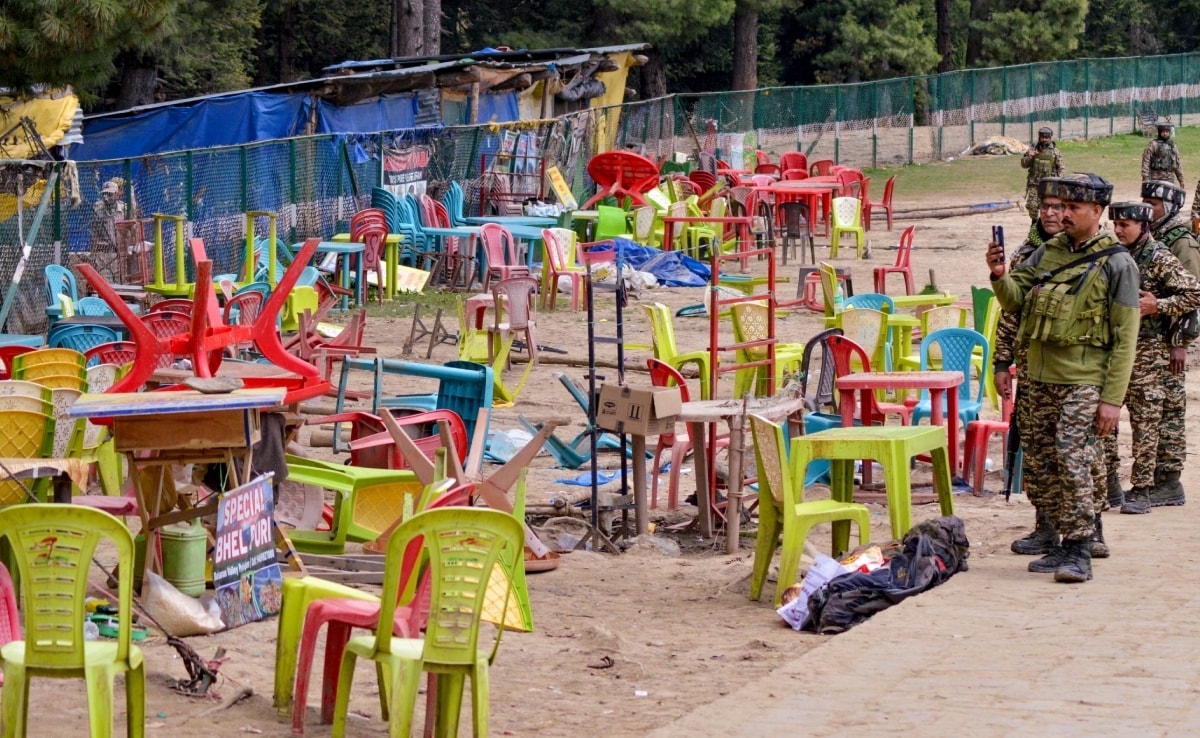
After the deadly terrorist attack in Pahalgam that claimed the lives of 27 civilians, including tourists, speculation is rife about India's response. It is reported that India may carry out surgical strikes and airstrikes against Pakistan. However, former Commander of the Srinagar-based Chinar Corps Lt Gen Devendra Pratap Pandey (Retd) cautions against this move, stating that Pakistan is looking for escalation to divert attention from its internal and economic problems. He suggests exploring other options for punishment that will target the culprits behind the attack.

On Saturday morning, India retaliated against Pakistan as the latter continued to launch airstrikes and use drones to attack military installations in multiple cities. In the early morning escalation, a senior official from Jammu and Kashmir, Raj Kumar Thapa, tragically lost his life due to a shell hitting his house. The CM has expressed his condolences and urged people to stay indoors amidst the ongoing conflict. Reports indicate that PAF has suffered losses during the engagement and the government is set to hold a briefing on the attacks.

Members of the Kashmiri Pandit Association and the Jammu and Kashmir Dogra Samaj gathered in Mumbai to honor and mourn the Hindu civilians brutally killed in Pahalgam, Kashmir. The community representatives stated that the victims were targeted solely for their religious identity, reigniting concerns about minority safety in the conflict-prone region. The attendees stood in silence, holding placards and candles, to remember the victims and to demand justice and protection for vulnerable communities. The organizers emphasized the need for national unity and called upon authorities to take swift action against such attacks. They also stressed the importance of civil society standing up against communal violence through peaceful but firm action.
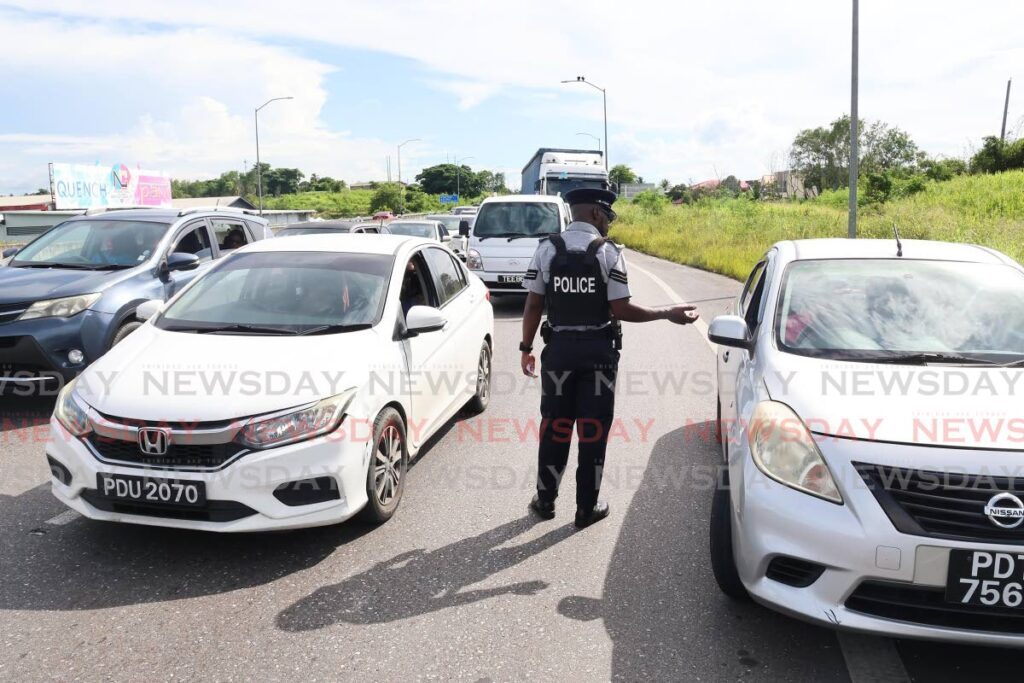
The Indian government has announced the implementation of a demerit point system for traffic violations, in an effort to reduce road accidents. Under this new system, drivers will receive demerit points for infractions such as speeding and running red lights, with accumulation of too many points potentially leading to suspension or cancellation of their driving licence. This initiative is part of a larger plan to improve road safety measures in India, which have come under scrutiny due to the high number of traffic-related deaths.
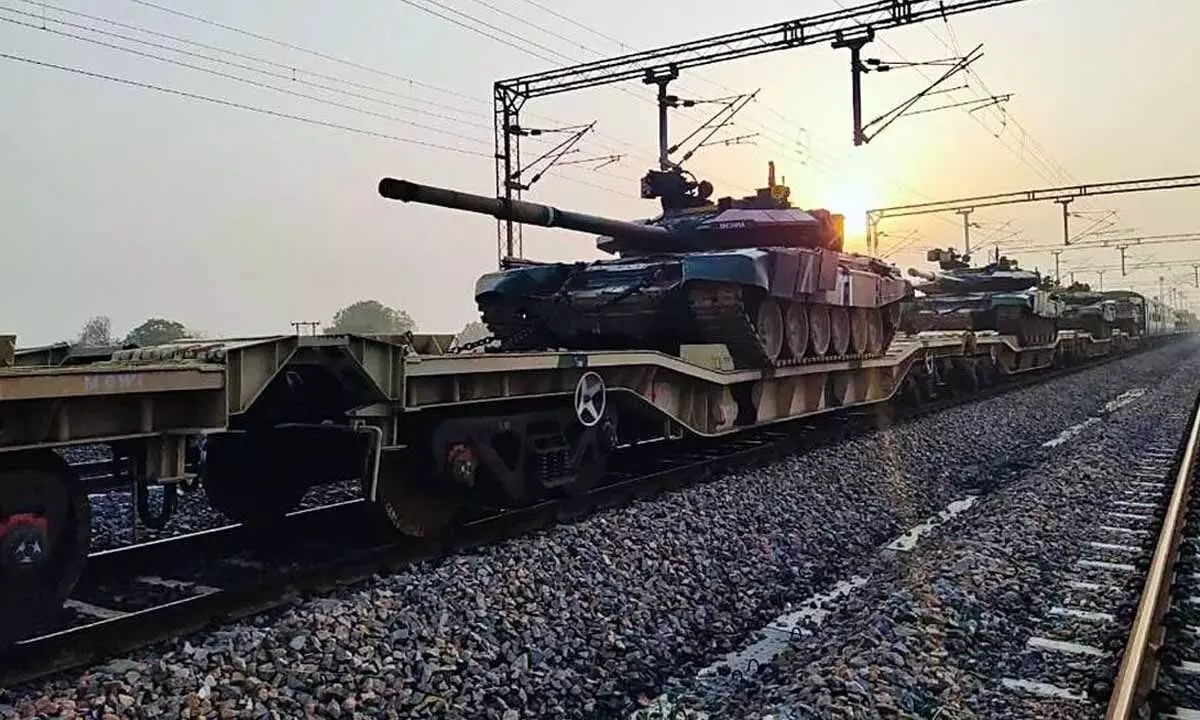
In the midst of escalating tensions between India and Pakistan, the Indian Railway Ministry has issued an advisory to its employees, cautioning them against sharing confidential information about military train movements with unauthorized persons. This comes as a response to possible attempts by Pakistani intelligence agencies to seek information about such movements. The advisory highlights the gravity of the situation and urges railway officials to be vigilant and not disclose any information to unauthorised individuals.
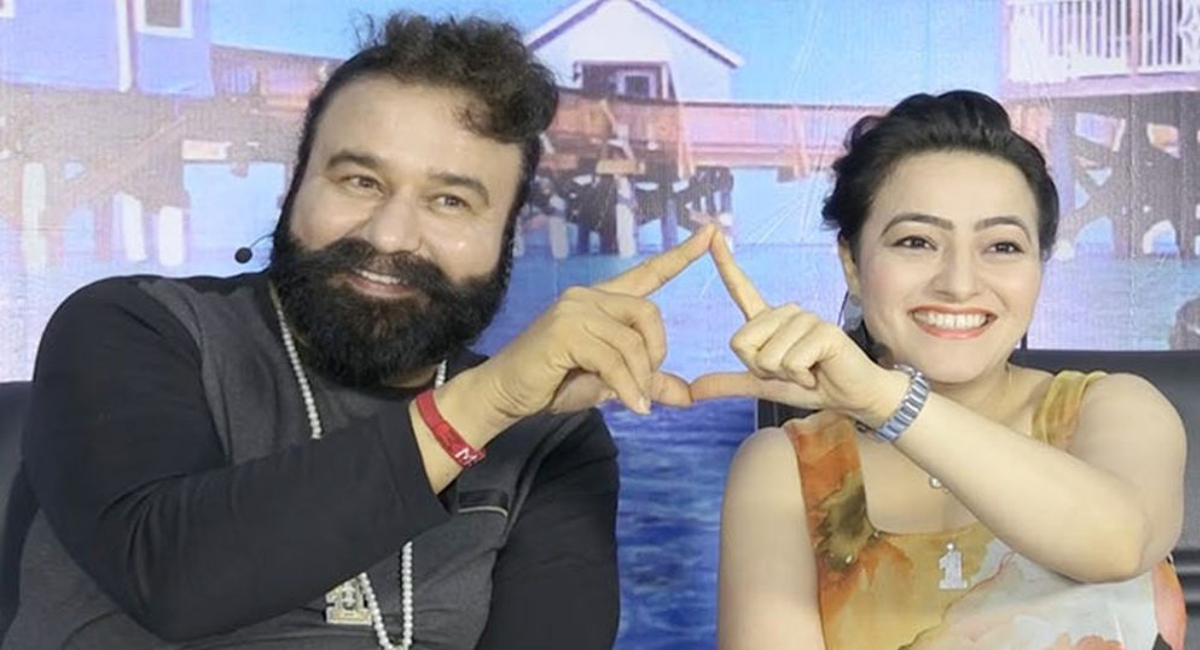
In the aftermath of the conviction of Dera Sacha Sauda chief Gurmeet Ram Rahim, a series of events have unfolded. Punjab's Chief Minister condemned Haryana's CM for blaming Punjab, Indian Film and Television Directors' Association canceled the Dera Chief's membership, and Twitter has frozen his official account. Additionally, his son has been appointed as the executive manager, leading to more speculation about the Dera Sacha Sauda's influence and power. The riots that have occurred in northern India since the conviction only further highlight the chaos surrounding this controversial figure. With the Dera Chief's influence on politics and the masses, it is clear that his actions have long-term consequences.
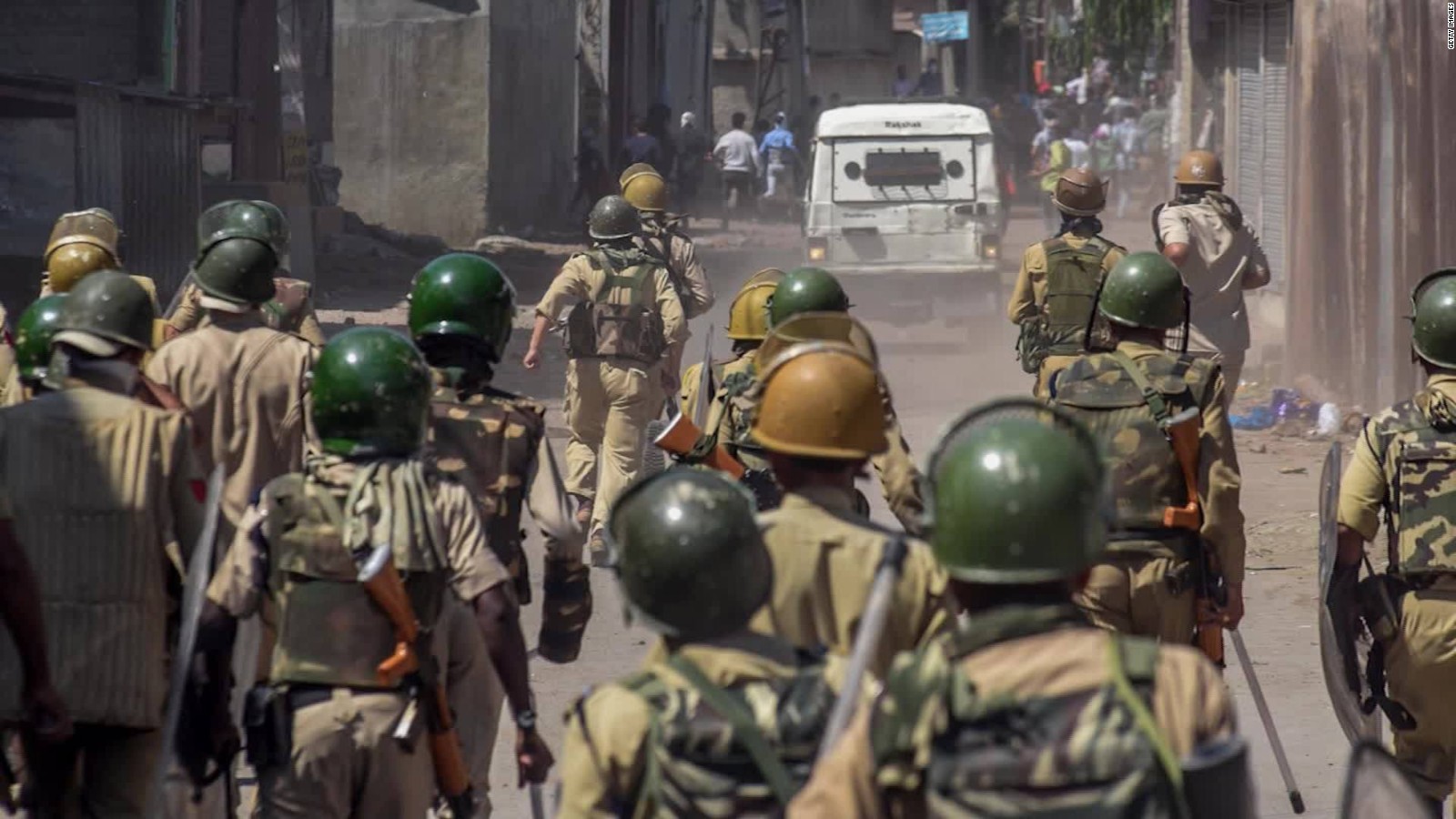
In a closed-door consultation, the UN Security Council discussed the recent terror attack in Jammu and Kashmir and called for de-escalation between India and Pakistan. The meeting, called by Greece, did not result in a statement, but Pakistan claimed its objectives were "largely served". The UNSC President described it as a "productive and helpful" meeting, while Pakistan's Permanent Representative stated that their objectives of having a discussion on the situation and the need for dialogue were achieved.
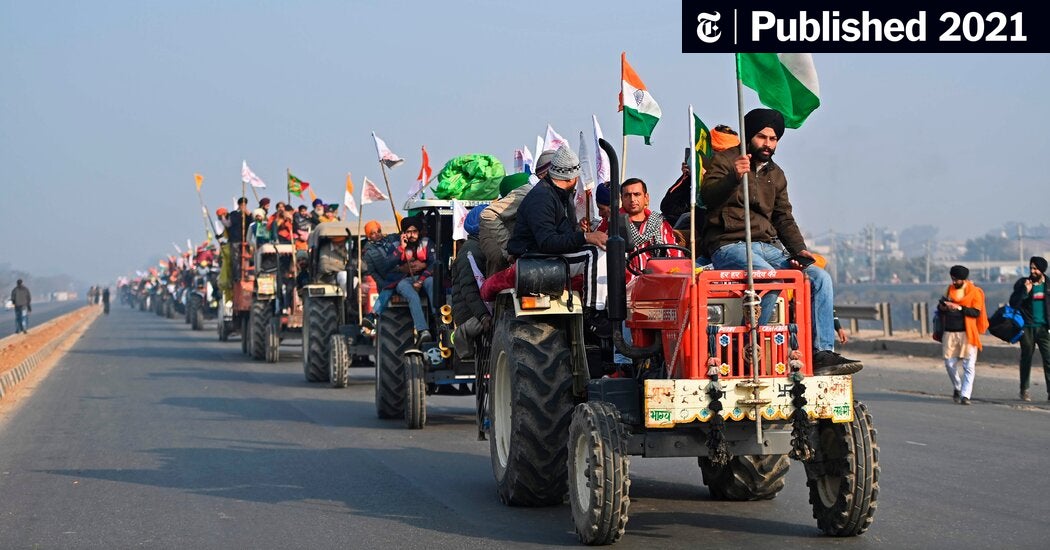
The ongoing farmers' movement in India is facing further obstacles as senior leaders, including Jagjit Singh Dallewal, have been placed under house arrest a day before a scheduled protest. This move by Indian authorities has been met with criticism from farmer organizations, who were planning a peaceful protest outside a police station. The arrests are being seen as a preemptive measure by the authorities, who fear a large-scale gathering against the government's alleged use of repressive methods. In the midst of this, Congress leader Mallikarjun Kharge is set to address a rally as part of the party's 'Save the Constitution' campaign in Jharkhand.
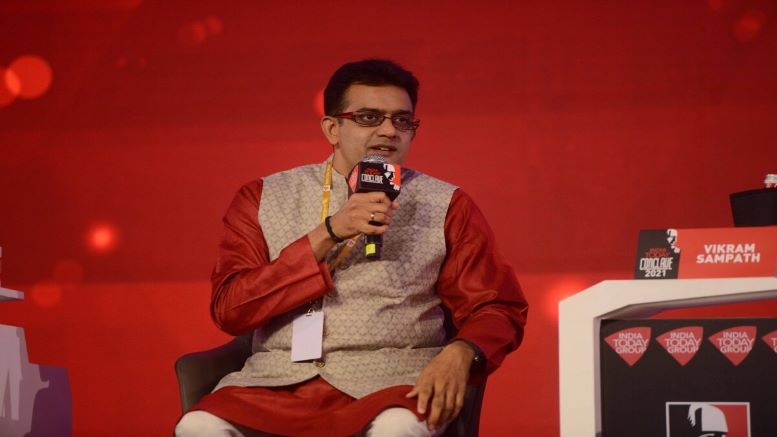
Speaking at the india@2047 summit, renowned historian Vikram Sampath challenged long-held historical narratives in India and called for a reevaluation of the nation's past. He highlighted the impact of colonialism on shaping India's historical consciousness, and the failure of successive regimes to correct this narrative. Sampath emphasized the importance of reclaiming India's civilizational ethos and fostering a culture of scholarly debate, driven by evidence rather than ideology. He also acknowledged the role of youth in driving independent research efforts that challenge established narratives.